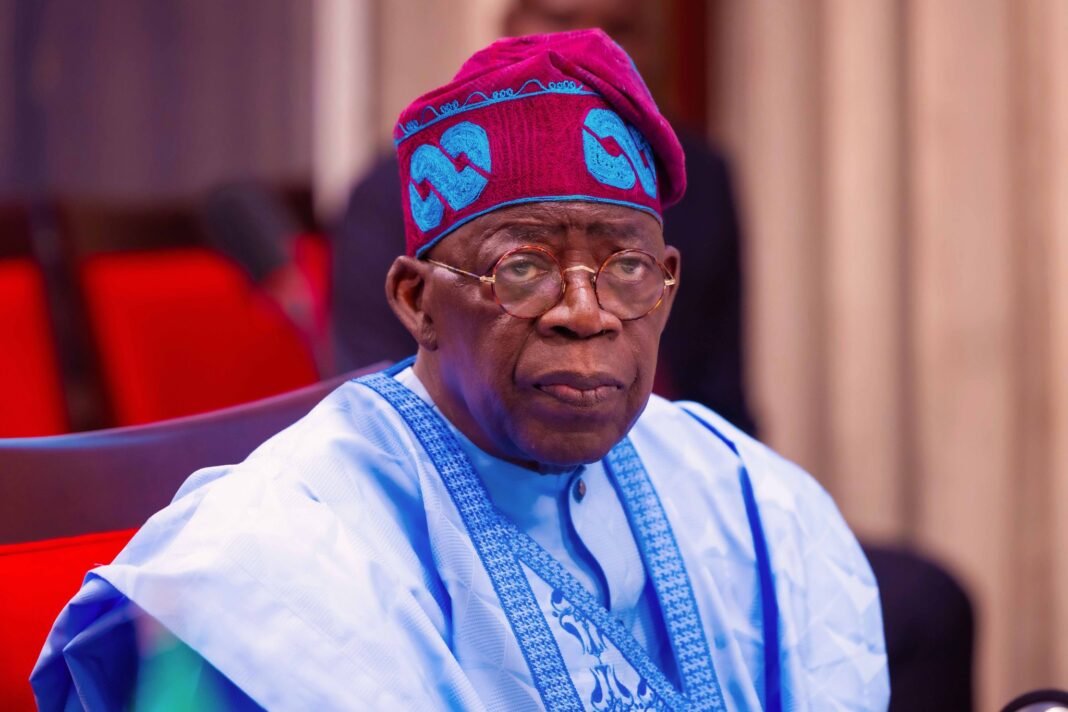On Monday, the World Health Organization (WHO) identified Nigeria as one of eight countries at risk of running out of HIV treatment supplies in the near future.
This comes in the wake of the Trump administration’s decision to pause U.S. foreign aid, which has significantly disrupted the distribution of HIV treatments in these nations.
According to WHO’s Director-General, Tedros Ghebreyesus, Nigeria, Haiti, Kenya, Lesotho, South Sudan, Burkina Faso, Mali, and Ukraine could face shortages in the coming months, as reported by Reuters.
Ghebreyesus warned that the disruptions could reverse two decades of progress in fighting HIV, potentially resulting in over 10 million new HIV cases and 3 million additional HIV-related deaths.
The U.S. foreign aid freeze, initiated by President Trump in January, has also affected efforts to combat HIV, polio, malaria, and tuberculosis.
Additionally, the WHO’s Global Measles and Rubella Laboratory Network, which has over 700 sites worldwide, is at risk of shutting down, coinciding with a resurgence of measles in the U.S.
Ghebreyesus emphasized that the U.S. has a responsibility to ensure that if it cuts aid, it does so in a way that allows countries to secure alternative funding.
Moreover, the WHO warned that funding shortages might force the closure of 80% of essential health services it supports in Afghanistan.
As of March 4, 167 health facilities had already closed due to a lack of funding, and without intervention, over 220 more could shut down by June.
The U.S. withdrawal from the WHO has also led the agency to freeze hiring and implement budget cuts.
For the 2026-2027 budget period, the WHO plans to reduce its funding target for emergency operations from $1.2 billion to $872 million.




